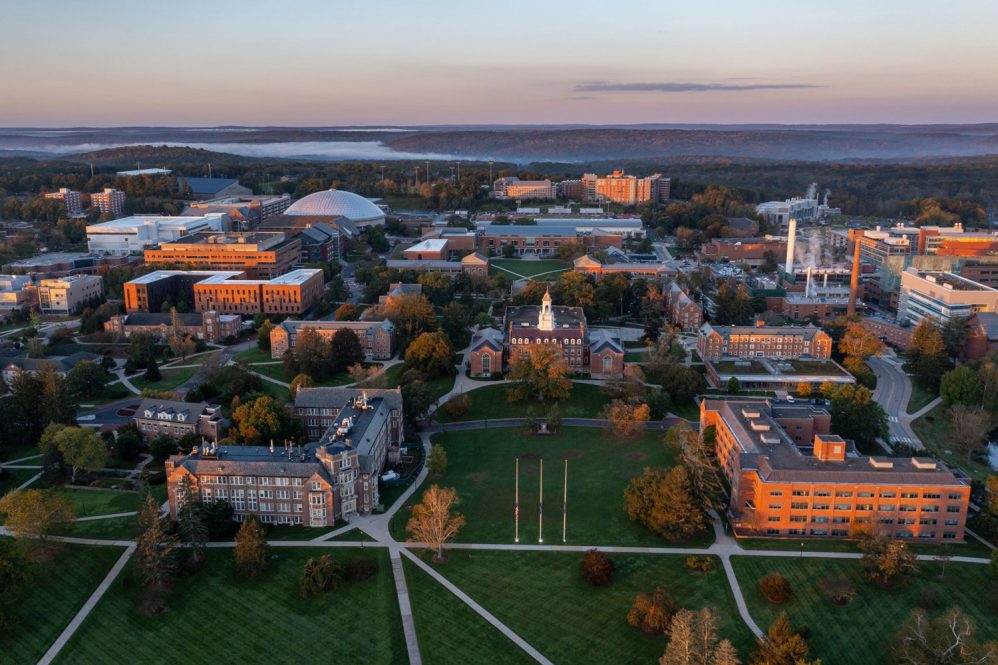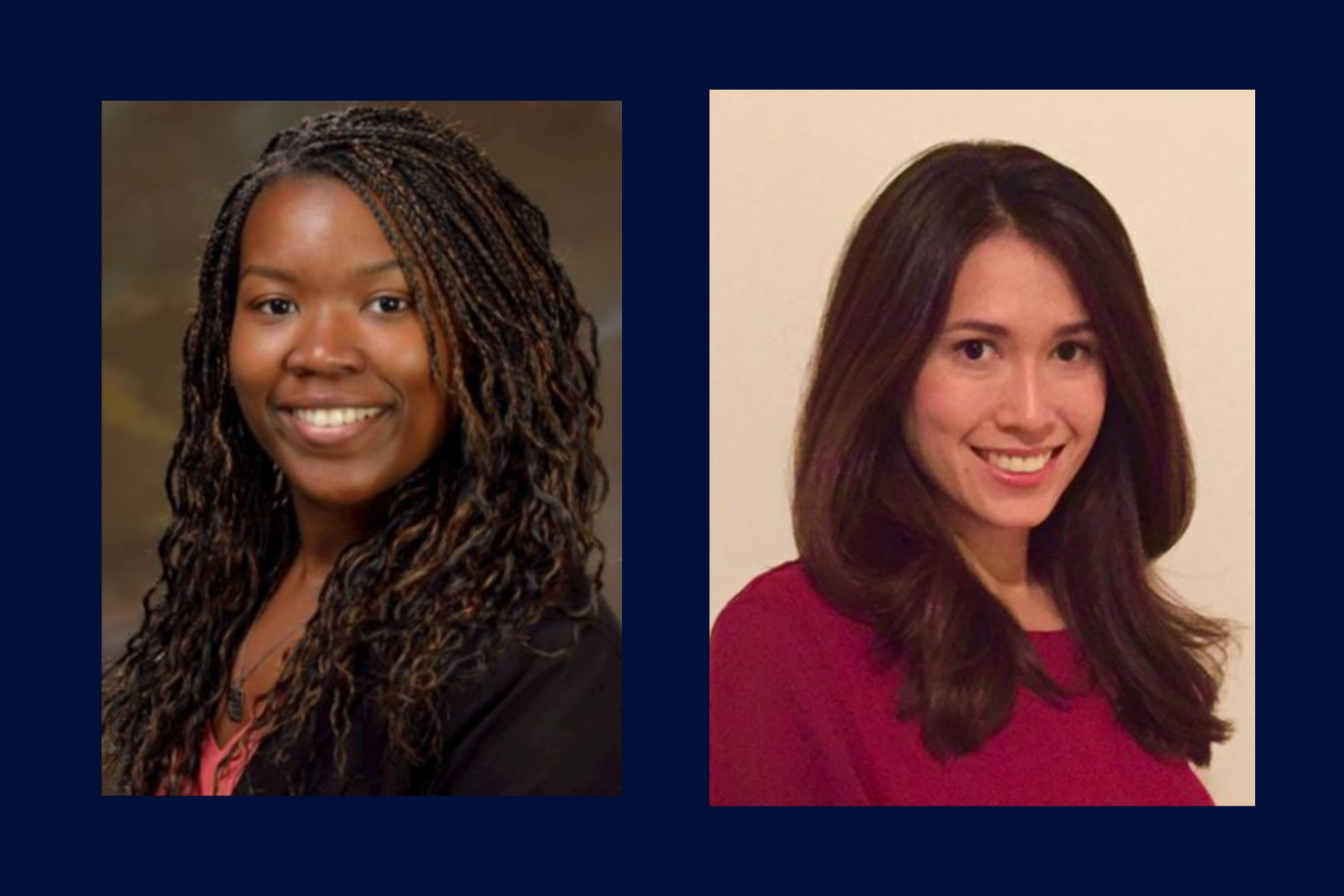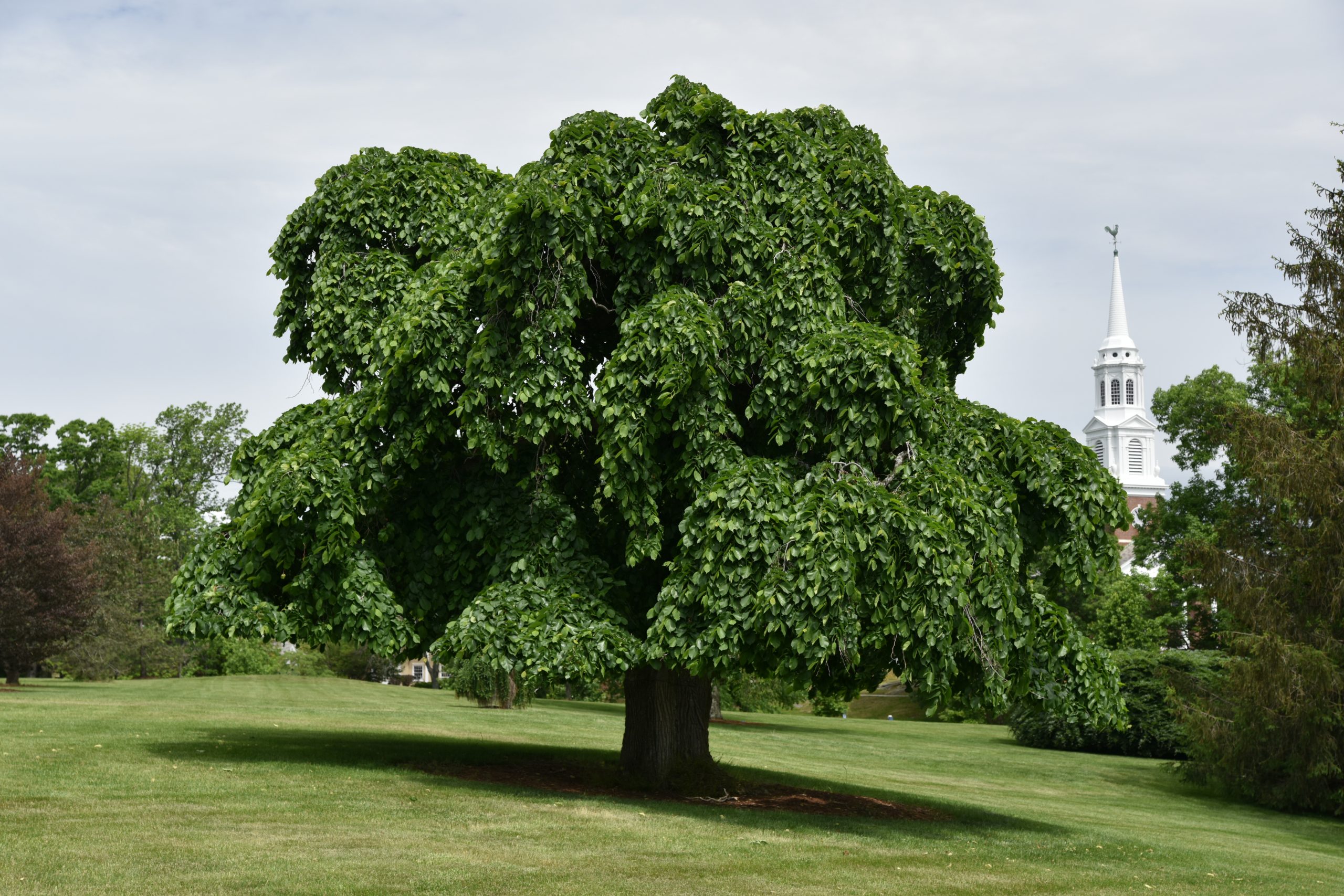The UConn Board of Trustees voted at its meeting Wednesday to establish a new Department of Social and Critical Inquiry in the College of Liberal Arts and Sciences.
The new unit will draw on existing research and teaching strengths to investigate issues across historical, political, socio-economic, and cultural realms.
The new Department of Social and Critical Inquiry unites four CLAS formerly non-departmentally organized units into a single department: the American Studies Program, the Asian and Asian American Studies Institute, the Native American and Indigenous Studies Initiative, and the Women’s, Gender, and Sexuality Studies Program.
The department is the result of many years of discussions among faculty from the four areas, says Associate Dean for Diversity, Equity, and Inclusion, Collaborative Programs, and Faculty Development, Kate Capshaw.
“This formation marks a significant step forward given the years these groups have spent working towards a shared structure, and it signals the College and University’s commitment to these units’ sustained growth,” Capshaw says.
“It is exciting to be able to develop a responsive and collaborative structure yet still mark the distinctiveness of each of the areas and advance their missions.”
In addition to undergraduate majors and minors in each of the four areas, these units serve the undergraduate population across all majors via large general education courses that give students the tools to engage in dialogues about the value of a diverse and just society, the unit leaders say in their proposal. The new department aims to strengthen UConn’s mission to help students become informed, ethical, and invested citizens.
The department is also expected to generate academic efficiencies and to increase the recruitment and retention of historically excluded and marginalized students, faculty, and staff, according to the letter of recommendation issued by Provost Anne D’Alleva to the Board of Trustees.
Specifically, the new department will provide more efficient administrative and curricular processes in areas such as course scheduling and improve sustainability in leadership, as well as enable greater collaboration across the four areas of research, teaching, service, and community engagement, D’Alleva says.
The department will leverage the collective expertise and ethical commitments of its faculty to produce ground-breaking interdisciplinary research and scholarship but also more sustainable, equitable, and just ways of life.
In recent years, faculty and students from these units have worked on reforms at the State level in response to statutes supporting the development of K-12 teaching and curricula in areas such as Asian American and Pacific Islander studies and Indigenous and Native American studies. Faculty in the department will be well-positioned to continue these efforts to support State agencies in future decision-making, say the leaders.
The department will officially become an administrative unit on July 1, 2024. A departmental launch program will be planned for Fall 2024.



